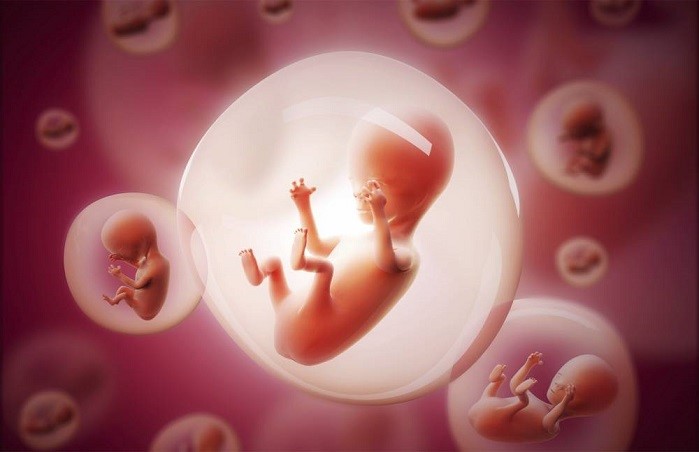“Designer babies” may be a thing of the not too distant future in the United Kingdom after a prominent ethics group urged more research on the impact of genetically altering human beings.
In a new report, the Nuffield Council on Bioethics argued it may be “morally permissible” to change the DNA of a living human embryo if it is in the child’s best interests, the Guardian reports.
While the bioethics group urged researchers to approach the issue with caution, their arguments support the morally and ethically troubling possibility of it being a future option.
The researchers argued that DNA editing must be “in the child’s best interests” and not cause harm to society, writing that it “should not be expected to increase disadvantage, discrimination or division in society.” But they also did not rule out any uses of the technology – not even the most controversial uses for “designer babies,” according to the report.
Jackie Leach Scully, a professor at Newcastle University who helped write the report, even hinted at this when she told The Guardian that genetic editing may be used one day “to try and secure what [parents] think is the best start in life” for their children.
Here’s more:
The report does not call for a change in UK law to permit genetically altered babies, but instead urges research into the safety and effectiveness of the approach, its societal impact, and a widespread debate of its implications.
“It is our view that genome editing is not morally unacceptable in itself,” said Karen Yeung, chair of the Nuffield working group and professor of law, ethics and informatics at the University of Birmingham. “There is no reason to rule it out in principle.”
But the report drew immediate criticism from some quarters, with one lobby group accusing the authors of opening the door to the unrestricted use of heritable genetic engineering, and an age of genetic haves and have-nots.
The genetic modification of human beings is troubling for many reasons, not the least being eugenics and the devaluation of human beings whom society deems less than perfect.
Then there is the question of what constitutes a child’s “best interests.” Some may say genetic alterations should be allowed only for fatal genetic abnormalities, while others would allow for life-altering diseases or disabilities such as Down syndrome, blindness or even autism. Still others may argue that low intelligence or the likelihood of obesity could be a cause for genetic alteration.
SUPPORT LIFENEWS! If you like this pro-life article, please help LifeNews.com with a donation!
According to The Guardian, DNA editing tools also are far from perfect, and the long-term results of editing a human being’s DNA remain unknown.
The report continued:
The prospect of modifying genes in human embryos has long been controversial though. For a start, the procedure has yet to be proven safe. In a study published in Nature Biotechnology on Monday, British researchers found that the most popular tool for genome editing, Crispr-Cas9, caused more damage to DNA than previously thought. If the scientists are right, gene editing could disrupt healthy genes when it is meant only to fix faulty ones.
Another consideration is that any changes made to an embryo’s DNA would affect all of its cells, including the sperm or eggs, meaning that genetic modifications would be passed down to all future generations. Also, in the vast majority of cases alternative procedures, such as preimplantation genetic testing, can be used to screen embryos for harmful DNA.
When news about the Crispr first broke, bioethics writer Rebecca Taylor cautioned people about the dystopian possibilities.
“It really is time for the public to realize that the genetic engineering that they see in movies is quite possibly achievable, not in our grand-children’s lifetimes, but in our own,” she wrote in 2015. “It is time to stop ignoring the steady advance of genetic engineering and take charge of its direction.”








